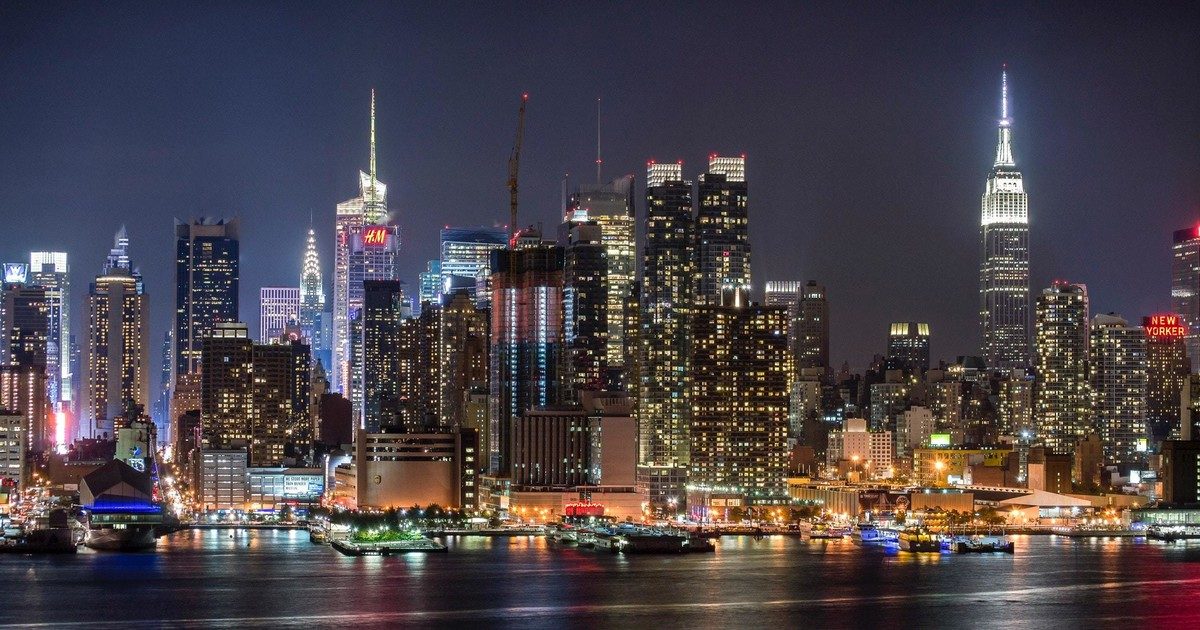In his book, Music/City: American Festivals and Placemaking in Austin, Nashville, and Newport, Jonathan Wynn jumps into the discussion about the creative class. In previous classes, we discussed how the creative class transformed low-status manual labor jobs to attractive trades for college-educated men and women. Through this process, the creative class redefined these occupations as cool and niche. However, Wynn comments on a different area of the creative class. Rather than looking at individual occupations, Wynn looks at the impact the creative class exudes on the entire city. Through his analysis, he defines the city as an entertainment machine.
By looking at a city as an entertainment machine, Wynn means that entertainment functions as the growth machine. This means that for the city to grow, it must act as a place where people can consume entertainment. Wynn argues that culture is both consumable and entertaining and thus cities should create a brand from their culture so it can be consumed and therefore the city can grow. However, I hesitate to accept this idea. In class, we look at examples like the Summer Hill Sandwich Shop and Baby Wale where individuals attempted to profit off culture and both examples resulted in culture appropriate. So, if a single restaurant is unable to accurately represent culture, I doubt that an entire city could.
To see the city as a place of entertainment, Wynn analyzed the use of music festivals. However, I think that these festivals show this misrepresentation in themselves. These festivals are becoming increasingly reliant on the main acts. By this, I mean most people do not get excited to listen to the local bands that are playing on a small stage. The majority of attendees focus their attention on the main acts. And because of this focus, the cities and companies running the festivals put more resources to the large acts because they want to profit. However, in all likelihood, the main acts probably do not represent the culture of the city they are playing in. This contradiction begs the question that if attendees focus on the main acts, can a festival accurately represent a city? Or have external forces such as attendees’ desires, and business and governments need to profit taken authentic culture out of the festivals.
Another question that Wynn’s theory of the consuming culture brings up is the overlap between culture and gentrification. What is interesting about these two ideas is that they contradict each other. The easiest way to understand this contradiction is to consider an example. A city expresses its culture through architecture. So, Wynn would argue that cities should continue to show their culture through architecture and also create ways for people to consume this culture. And cities do this through making beautiful skyscrapers with observation decks and hourly tours. However, at the same time, cities force the architecture in low-income and impoverished areas to fit a certain mold. Although these areas also express their culture through architecture, this culture is deemed unconsumable and therefore destroyed. I find a contradiction here because Wynn does not want cities to express its culture in all ways. A more accurate representation of his view would say a city should express its culture in modified ways so that it meets the standard of the creative class. Or a city should only represent its cultures that also meet the standard of the creative class.

Prior to this class and our class discussion, I had never thought of the city as an entertainment machine. Though my understanding of cities is limited to my experience as a New Yorker, and the the only residential comparison that I have to New York City is through my experience as a resident in Brunswick, our class discussion allowed me to better identify which aspects of my city can be considered parts of the entertainment machine. A resident of Brooklyn, one of the first things that enters my mind when considering culture, entertainment, and development is the Barclays Center located in the downtown area. It was constructed and opened earlier in this decade and has since shifted the interactions that people have with the city. It has brought a number of larger business with it, but also uses the culture of Brooklyn to brand itself, the sporting events, and the other forms of entertainment that it hosts in the arena.
As a resident of a small community outside of Boston, the term entertainment machine as a vehicle for a city interested me. I began to reflect on how the city thrives off of the elements of culture that are fueled by finance, technology and the media. Stadiums are an intrinsic aspect of a city and in Boston, the New England Patriots play in a stadium an hour and a half outside the city. While planning to gentrify South Boston, there were those who pushed to move the stadium there. This did not pass and I always wondered why. If the city is a vehicle for entertainment, why would a football stadium, which attracts a multitude of entertainment options, not be inserted? South Boston is now a spot for young, college educated, wealthy people with a multitude of businesses and fancy restaurants. I wonder how different Southie would be if indeed they moved the football stadium to the city?